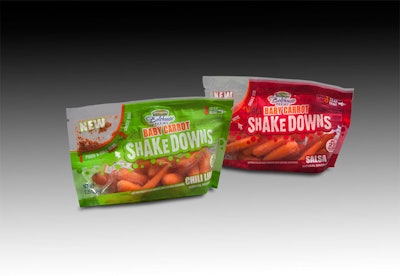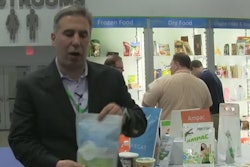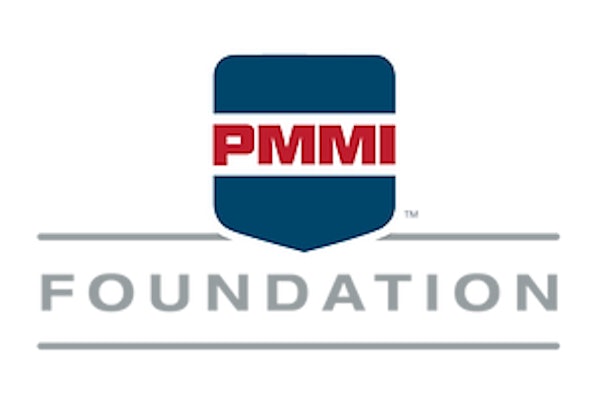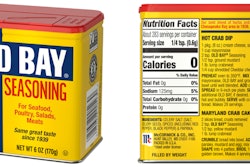
Here, we expand on those buckets for flexible packaging and learn how it can perform many functions.
1. Protection for delivery. A package protects a product—and itself—from the rigors of shipping, distribution, storage, and use. A consumer pays for a product and expects to receive the full value. Packaging plays a crucial role in delivering that value:
• Hermetic seals that completely contain the product, protecting it from spilling
or contamination from the environment.
• Toughness that prevents breaching of package walls by outside physical forces
or abuse.
• Tamper-evident features that help ensure the product integrity for use.
• Bundling multiple objects, including packages, together for transport or sale.
• Opening and reseal features that facilitate multiple package accesses or uses while securely containing the product.
2. Protection for processability. The objective is to minimize waste through the entire chain of production and use of a product. A successful flexible package should be able to:
• Customize the force required to slide the packaging material or the package
against other materials.
• Be optimized for packaging machine ease of operation or to prevent items from
sliding relative to each other in distribution.
• Customize package sealing response to a wide variety of package machine sealing methods and conditions, permitting fast, dependable production of sealed packages.
• Withstand post-fill processing conditions such as freezing temperatures, high heat, humidity, and radiation sterilization.
3. Utility for consumer containment, freshness, and tailored transmission. Every product has its own needs for freshness and barrier properties.
A flexible package can:
• Provide tamper-evident features that help ensure the product integrity for use—or that it’s even still there.
• Offer opening and resealing features that facilitate multiple package accesses and uses while securely containing the product.
• Be able to customize the rate of transmission of gasses through the walls
of sealed packages.
• At the high-barrier end of the spectrum: Provide extremely low rates for long-term storage of sterilized food at room temperatures or medications in humid environments.
• At the low-barrier end of the spectrum: Provide very high rates for breathable produce packages, with the ability to create customized levels for individual produce items.
• Allow controlled venting of steam released in microwave heating to cook product while maintaining product moisture and avoiding leakage.






















